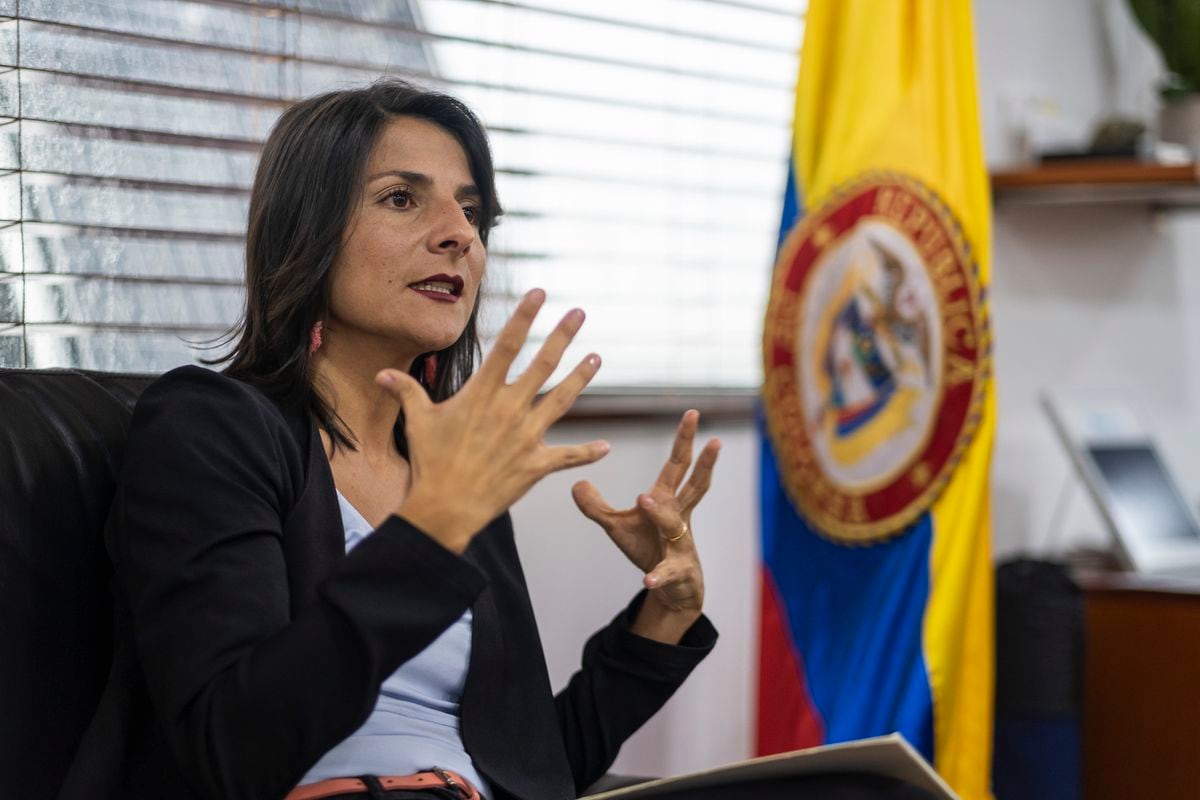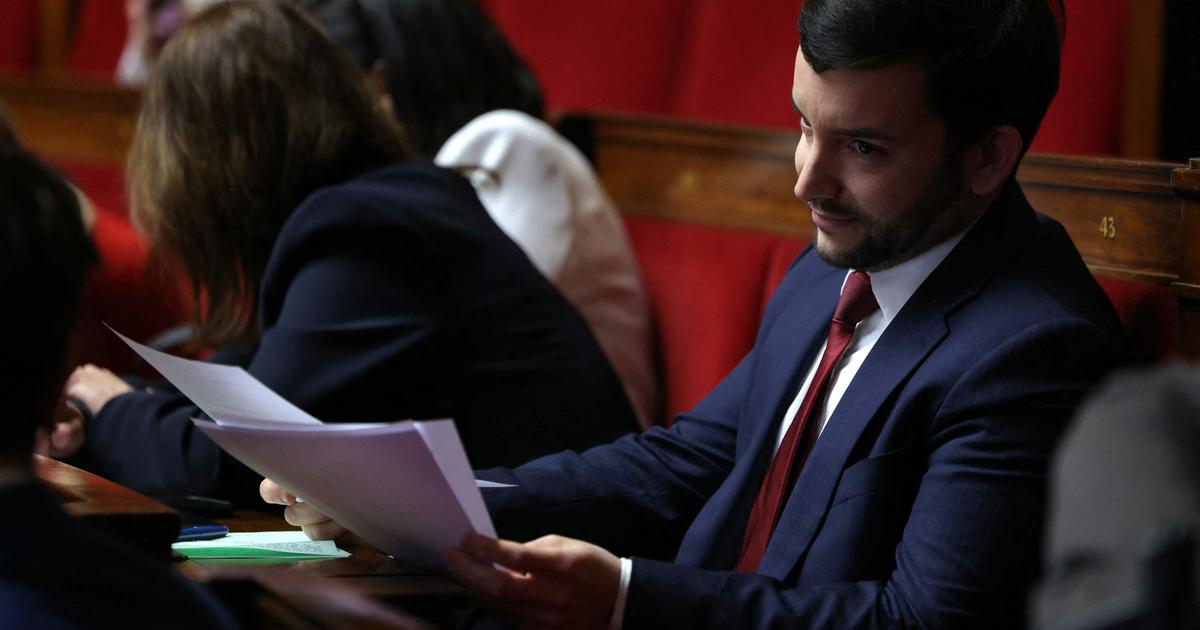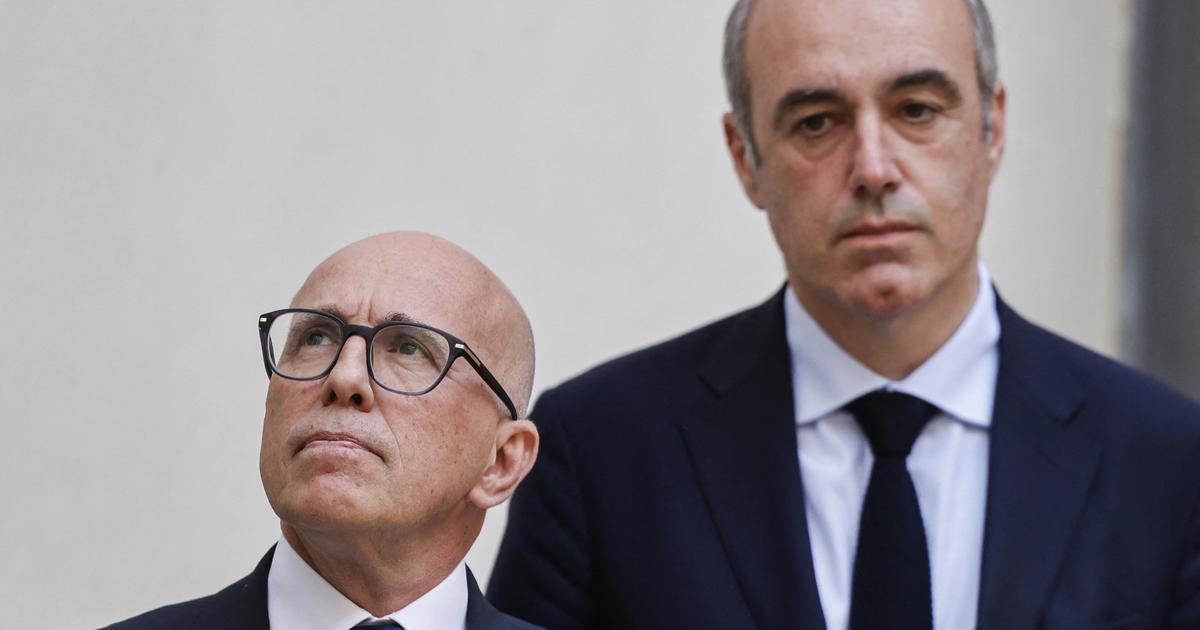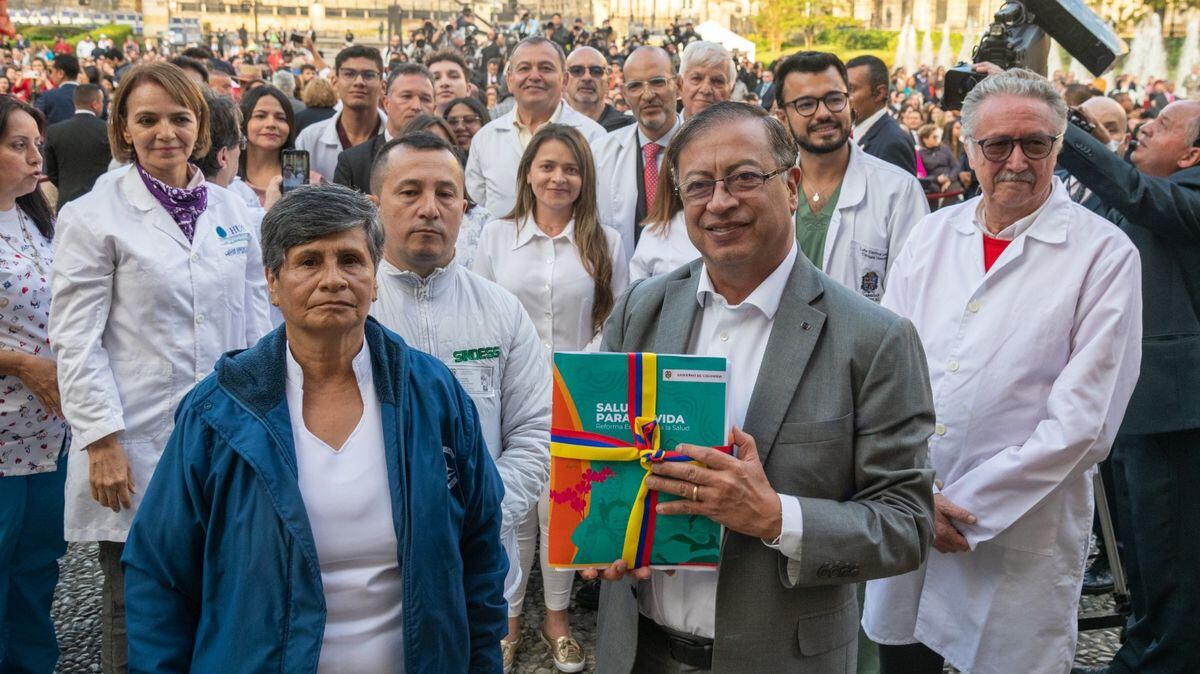Although the opposition to Gustavo Petro is a minority in Congress, a group of 32 congressmen managed to call the first motion of censure, the mechanism by which Congress can overthrow a minister.
The motion, which will be debated this Wednesday afternoon in the plenary session of the House of Representatives, will be against the Minister of Mines and Energy, Irene Vélez, who has been harshly criticized for her positions on the energy transition.
"Since she took office, we have seen a minister with a lot of inexperience, a minister who does not represent a sector as important as the mining-energy sector, but has put it at risk," representative Juan Fernando Espinal told EL PAÍS , from the uribista Centro Democrático party, one of the summoners.
The right-wing benches do not have enough votes for the motion to prosper, but this type of debate usually puts on the table the flags with which the opposition will fight during the four-year term.
"Since 1991, a motion of no confidence has never prospered, but a political message is sent and discussion is opened," says representative Espinal.
During the government of Iván Duque, the opposition motions of censure were mainly against the security strategy managed by his three defense ministers —Guillermo Botero, Carlos Holmes Trujillo and Diego Molano— accused of bombing minors or police brutality against protesters.
The Government did not lose any vote on the motion, but Botero resigned earlier given the imminence of his departure.
Although it does not expect Vélez's resignation, with this motion the opposition sends the message that it puts the energy transition policy that Petro promised during his campaign at the center.
“Citizens voted for environmental justice,” said Minister Vélez in the first week of her government, a statement that was perceived on the right as belonging to a minister of the Environment and not of Mines.
The summoned congressmen—from the Democratic Center, the center-right Cambio Radical party, Afro and right-wing representative Miguel Polo Polo, the Anti-Corruption League, and former vice-presidential candidate Marelen Castillo—called for the motion citing four “irresponsible” statements made by Vélez that , they argue, "alter the economic and social order" of the country.
What they criticize the most is that the Minister does not commit to signing new contracts for the exploration and exploitation of hydrocarbons, when the industry represents 40% of exports, and that she has introduced Colombia, a country that does not pollute at the same level as the United States. United States or China, the theory of economic decline.
The first statement was made on August 12, during the first week of the government, to the Blu Radio station.
In an interview, the Minister said that no new gas exploration contracts would be signed, although those already in process would be maintained, which could supply the country for another 8 years.
When asked by a reporter if she would consider importing gas from Venezuela in the event of a shortage in Colombia, she replied that it was not ideal but it could be done.
“It is not that we are going to sit idly by watching resources run out, but that we are betting that we are going to have more solar farms, we are going to have more wind generation, we are going to be able to develop in terms of hydrogen green”, said the Minister.
“In the Ministry's data we have gas reserves at 7 and 8 years.
The second declaration was on September 1 at the National Mining Congress.
Speaking of the most powerful countries, the Minister said "we also need to demand, within the framework of this global geopolitics, that other countries begin to decrease their economic models."
She then introduced the theory of degrowth, a school of thought that asks the richest countries to consume less to curb climate change.
Although she has clarified that she was not proposing degrowth for Colombia, the opposition has criticized that she raised this in the Mining Congress and in a country that does not produce even 1% of the planet's carbon emissions.
The third statement was on October 12, in an interview with the W Radio station, when he spoke of decarbonizing the economy and added that "we are not going to sign new exploration and exploitation contracts."
He clarified that there are 117 exploration contracts in force that could become important oil and gas reserves.
“We don't want to put pressure on the extractive frontier in a context of climate crisis,” he added.
The fourth statement was on October 25, in an interview with this newspaper, when the Minister said that she did not regret having presented the theory of degrowth, but she would have liked to be more pedagogical.
“I think I could have better contextualized my conviction of decrease.
I know it is a new concept for the traditional mining sector,” she said.
The opposition argues that these statements have generated "panic in the markets" and "volatility in exchange rates."
Measuring the economic impact of the minister's remarks on the exchange rate is difficult when various currencies have devalued against the dollar following the war in Ukraine, the energy crisis in Europe, and inflation.
They have on their side a statement by the Minister of Finance, José Antonio Ocampo, who implicitly pointed to Vélez in October.
"It's a matter of
perception of some statements from some colleagues”, he said when speaking about the high price of the dollar.
"Above all, the issue of oil has been the subject of much concern because it is Colombia's main export product."
The minister has clarified that he would increase gas production and maintain oil production during the energy transition, which he expects will last 15 years.
If the two poles continue this fight as they have done in recent weeks, the opposition will once again try to show that the minister's statements affected the economy, while the government will defend itself by saying that the economy is globally fragile.
The opposition will say that the minister does not want to exploit more oil or gas, to which she will reply that she wants to evaluate what results from the more than 100 current exploration contracts.
The opposition will say that Irene Vélez will end up importing gas from Venezuela, while she will insist that they want to invest all the resources to be self-sufficient with clean energy.
It is a debate that is barely in the first quarter of its first year, and that promises to grow until the end of the four-year period.
Subscribe here
to the EL PAÍS newsletter on Colombia and receive all the latest information on the country.









